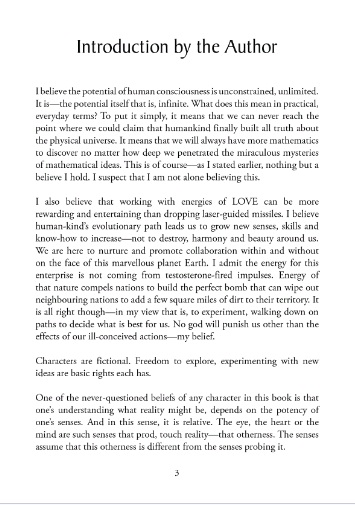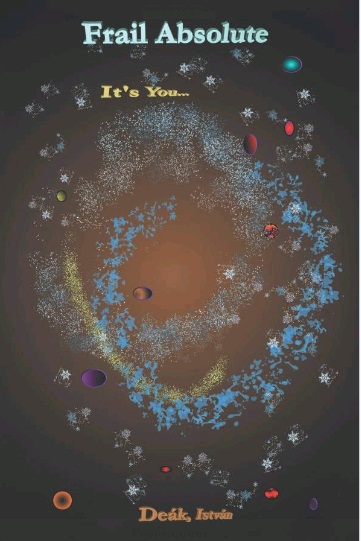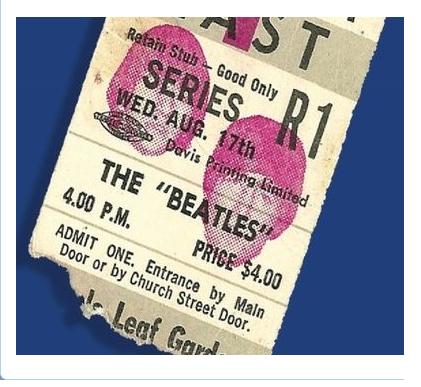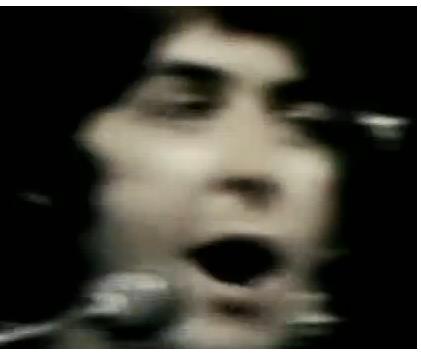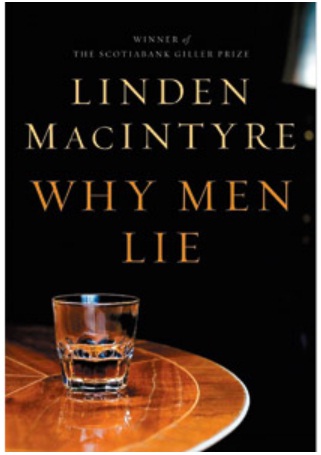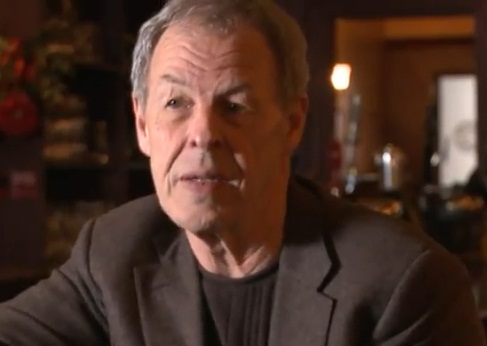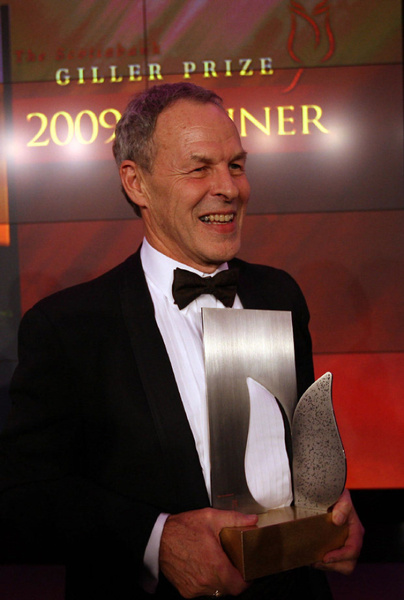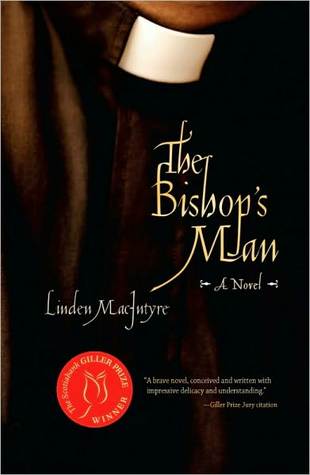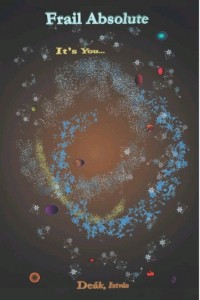
Plato’s The Republic challenged the way humankind thought. Now, a immigrant from then-Communist Hungary is posing a similar challenge: Is perception reality, why can one individual’s experience of reality differ so radically from another’s, and how can humankind’s search for a deity be what ultimately separates us from each other and from Nature?
Heady stuff, and Istvan Deak’s book, Frail Absolute, is not for the faint-hearted.
Neither is the author, who fled Hungary illegally with his wife and lived in an Italian refugee camp for six months before being allowed into Montreal, Canada. There, Deak secured a job using brooms and mops in an expert way cleaning hospital corridors, and eventually writing commercial business software programs. A short time later, he moved to Toronto, where he and his wife live now.

A philosophy is born. As this self-described analytical introvert began revisiting the philosophers he had read as a teenager, long-quiet questions began to surface about religion, about matter and energy, about how humans interact with one another. And he began writing Frail Absolute.
“I understood that the Force of Reality blew up in the Big Bang and created our universe,” Deak says.
“That Force, that Absolute, has been and must be present in everything in a most profound manner. Otherwise, everything would cease to exist.”
As he wrote and thought and questioned, his epiphany came.
“I asked this Force of Reality, ‘Where can I find you?’ And the reply came back, ‘Who is it who stirs your mind so that you want to know this?'” the author says.
As in The Republic, where Socrates and others discuss the meaning of justice, happiness, soul and the roles of the philosopher in society, characters in Frail Absolute discuss the meaning of reality, perception and harmony. Where Socrates vision culminates in a city ruled by philosopher-kings, Frail Absolute ultimately creates a way to exist in what Deak dubs “the Continuum (All That Is).”
“I have always sought a way to transcend what separates us from one another and from the force that exists everywhere. No matter what one believes in “science, a strict or a benevolent deity, even a non-existent god such as atheists do“ searching for this concept keeps humans apart. All reality is relative to the individual experiencing it,” he says. “Since there can be no single, absolute truth, I imagine how we can instead pursue the shareable values of love, compassion and harmonious collaboration in our daily existence.”
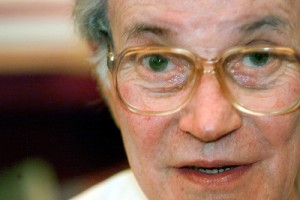
Istvan Deak grew up in Hungary, reading the works of ancient and modern philosophers. As a young adult, he taught math and physics before fleeing Communist Hungary for a refugee camp in Italy with his wife. They emigrated to Canada, where he eventually joined a railway company and then began writing software applications as a freelancer. He plans for Frail Absolute to be just the first of many philosophical books.
